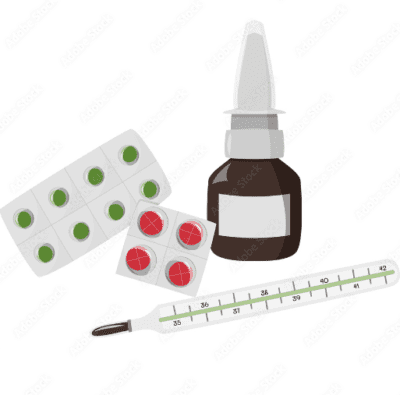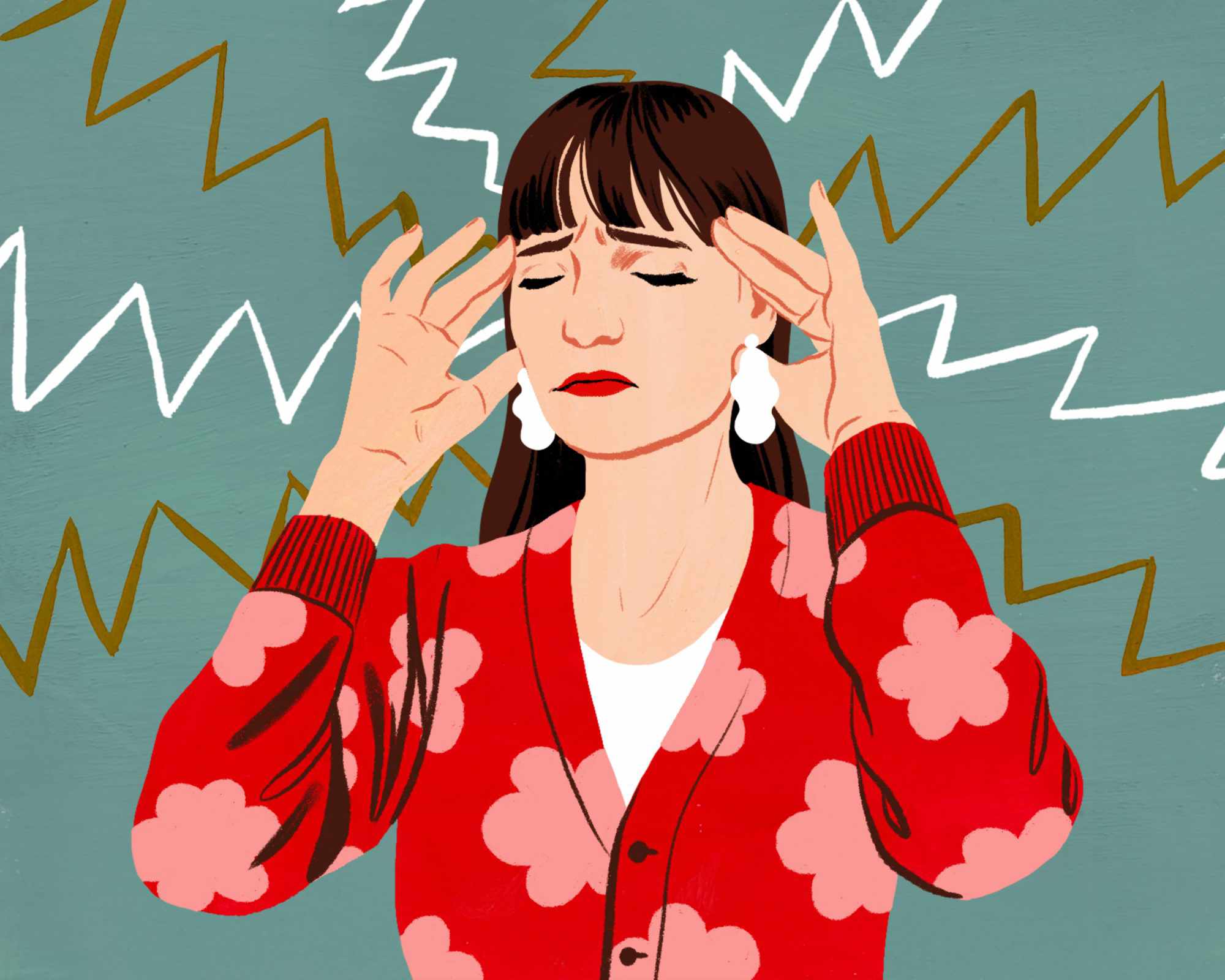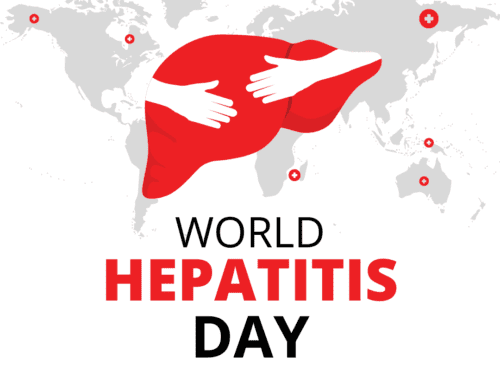Treating Migraines: What works?
What medicines can help relieve migraine pain?
There are 2 main categories of medications for migraine treatments: abortive and preventive.
Abortive treatments focus on stopping the headache from becoming severe and relieve the headache pain. These treatments are best started as soon as the migraine is first noticed to be starting.
Preventive treatments are medicines that are taken daily to reduce how often headaches occur and aim to decrease the frequency of migraines.
Migraine diagnosis and treatment planning is unique and individualized based on symptoms and co-existing conditions.
Once you have identified migraine triggers and made lifestyle changes, if your migraines are still affecting your well-being there are a plethora of options to review with your physician. We review a few of them briefly here.

Abortive Medications: Medications used to relieve migraine pain work best when taken at the first sign of an oncoming migraine — as soon as symptoms of a migraine begin.
Abortive medications include:
-Over the Counter Migraine relief medications that combine caffeine, aspirin and acetaminophen (Excedrin Migraine) may be helpful against mild migraine pain.
-Triptans: Class of meds including sumatriptan (Imitrex) and rizatriptan (Maxalt) treat migraines and are taken as pills, shots or nasal sprays.
-Dihydroergotamine (Migranal): Available as nasal spray or injection.
–Others: Lasmiditan (Reyvow) an oral tablet, Gepants class including Ubrogepant (Ubrelvy), and Zavegepant (Zavzpret) a nasal spray.
Preventive medications. These types of drugs are taken regularly, often daily, to reduce the severity or frequency of migraines.
Preventative Options include:
-Blood pressure-lowering medications: beta blockers such as propranolol and metoprolol. Calcium channel blockers such as verapamil.
-Antidepressants. A tricyclic antidepressant, amitriptyline.
-Anti-seizure drugs. Valproate and topiramate (Topamax).
-Botox injections. Injections about every 12 weeks help prevent migraines in some adults.
–Others: Calcitonin gene-related peptides (CGRP) monoclonal antibodies are newer medicines given monthly or quarterly by injection, some gepants are used daily.





